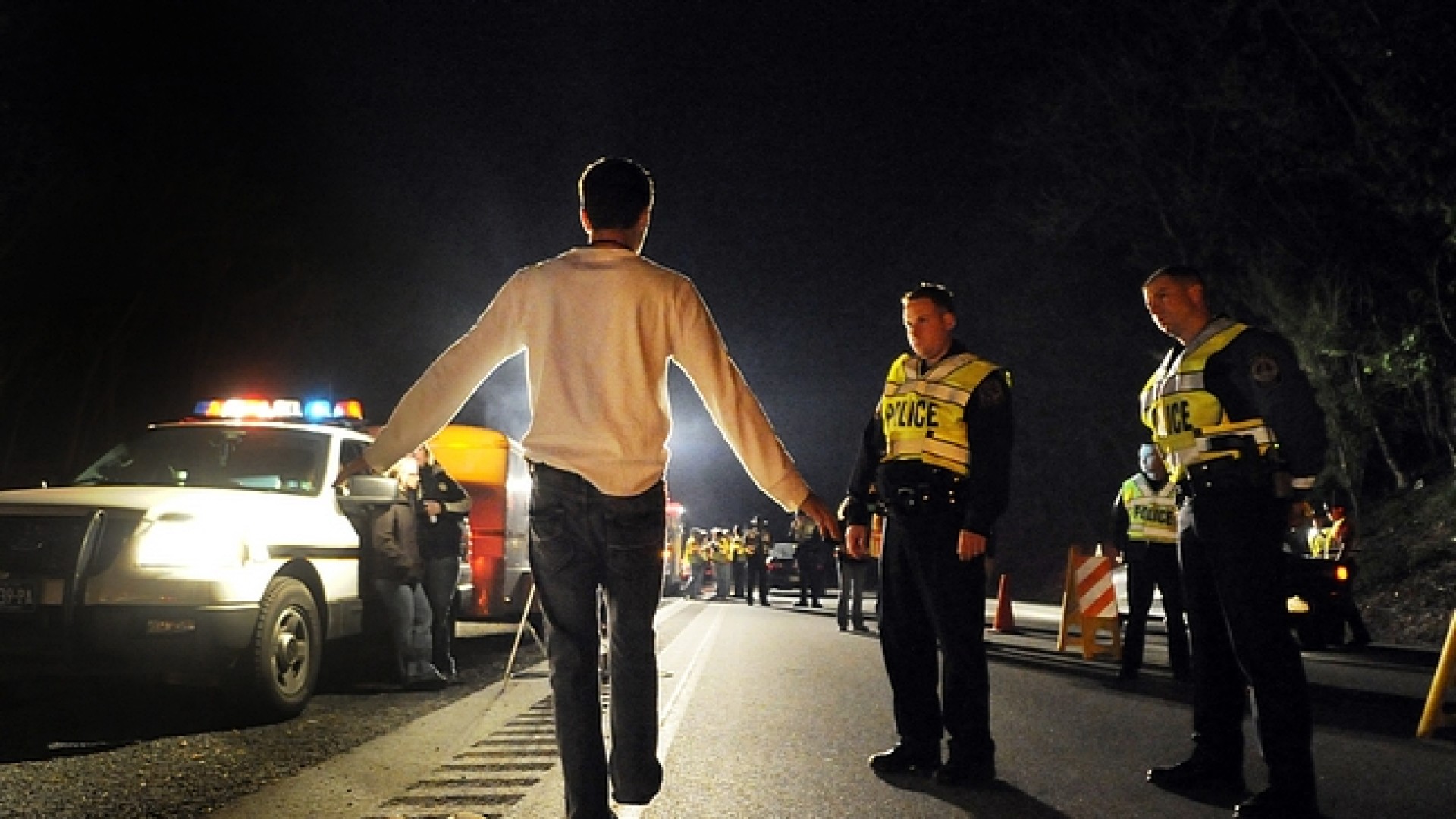
There can be some confusion about what constitutes a DUI and DWI.
“DUI” stands for “Driving Under the Influence.” DUI will include charges for drunk driving or in some states can also include driving under the influence of drugs or medications. Most states will confirm that a driver is under the influence by conducting a blood-alcohol test. The state will consider a concentration of .08 percent as driving under the influence. Although in most states people have to be driving the vehicle to be charged for a DUI, some states are using phrases like “operating a vehicle” or “being in physical control of the vehicle” to broaden convictions. Therefore, sitting in the driver’s seat with the key in the ignition is sufficient.
DWI” on the other hand is more state specific. “DWI” stands for “driving while intoxicated” and means “driving while impaired.” Impairment can include driving while falling asleep, driving while physically incapable of safely controlling the vehicle, etc. Although the elements are the same, there does not need to be drugs or alcohol involved.
In both these cases, the arresting officer has reason to believe that the driver should not continue driving. If you feel that you are unable to drive safely, it is in your best interest and the safety of others to look at other forms of travel. It is always good to note that even if you do not get stopped by a police offer; you may have a car accident that will expose that you are impaired.
